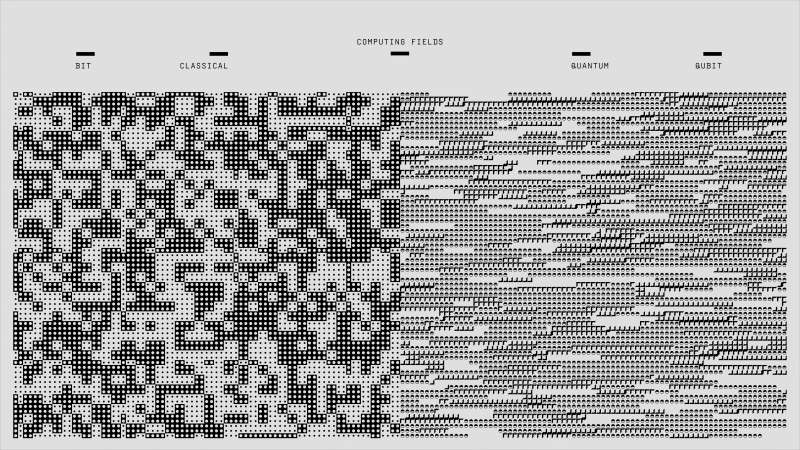The Art of Managing Your Day
Published on: May 1, 2025
How Small Changes Create Lasting Impact
In a world full of endless to-do lists, digital distractions, and constant demands on our time, managing your day can feel like trying to catch water with your hands. It slips through your fingers, leaving you wondering where all the hours went. But what if there was a way to not just survive the day—but own it?
Mastering your day isn’t about being perfect or rigid. It’s about developing the mindset and habits that let you move with intention, clarity, and a sense of purpose. It’s less about squeezing more into your schedule and more about making space for what truly matters.
Let’s explore how small, mindful shifts can transform the way you live each day—and ultimately, your life.
Start With Why
The first step in managing your day isn't about checking tasks off a list. It's about understanding why you're doing what you're doing in the first place. When your day aligns with your values and goals, it becomes meaningful.
Ask yourself:
-
What kind of person do I want to be today?
-
What impact do I want to have?
-
What would make today feel fulfilling?
These questions help guide your actions and decisions with intention. Without this clarity, it’s easy to fall into reactive mode—responding to emails, messages, and other people’s priorities instead of your own.
The Power of Micro-Habits
You don’t need to wake up at 5 a.m., journal for an hour, run 10 miles, and meditate for 30 minutes to “win the morning.” That might work for some, but for most of us, meaningful change starts with something far smaller: micro-habits.
A micro-habit is a tiny action that’s so small, you can’t fail at it. It could be:
-
Writing down one intention for the day.
-
Drinking a glass of water first thing in the morning.
-
Taking three deep breaths before starting work.
These small acts build momentum. Over time, they reshape your identity: from someone who struggles with focus to someone who starts each day grounded and intentional.
Design Your Environment for Success
One often overlooked part of day management is your environment. You can have the best intentions—but if your space is cluttered or distracting, your energy will scatter.
A few practical tips:
-
Keep your phone out of reach during focus time.
-
Use a physical to-do list or digital tools that limit distractions (like Trello or Notion).
-
Designate areas for rest, focus, and creativity—even if it’s just different corners of your room.
Your space should support the way you want to feel. If you want to feel focused, create a clean, calm environment. If you want to feel inspired, surround yourself with meaningful objects or quotes.
The One-Thing Rule
At the start of each day, ask yourself:
“What is the one thing I can do today that, if completed, will make everything else easier or less urgent?”
This question, popularized by Gary Keller in The ONE Thing, shifts your focus to what truly matters. It's easy to be busy and still feel like you're falling behind. But when you focus on one meaningful task, you create a sense of accomplishment and direction.
Case in point: Sofia, a freelance designer, used to start her day checking messages and scrolling social media. She often worked late and felt burned out. She decided to make one change: start every morning with 90 minutes of deep creative work—before touching her phone. That single shift doubled her productivity and gave her evenings back.
Embrace the Pause
Managing your day isn’t about constant motion—it’s about rhythm.
Our minds and bodies work best in cycles. The human brain can focus deeply for about 90 minutes before needing rest. Yet many of us push through fatigue, thinking it’s a sign of discipline.
But rest is productive.
Taking intentional breaks—stepping outside, stretching, breathing deeply—not only boosts your energy but also improves creativity and problem-solving.
Think of your day like music. Without pauses, there’s just noise.
Say No to Say Yes
Every time you say “yes” to something unimportant, you’re saying “no” to something that could be meaningful. Learning to say “no” kindly but firmly is one of the most powerful time-management skills you can develop.
No to unnecessary meetings.
No to comparison.
No to perfectionism.
No to things that drain your energy.
This isn’t selfish—it’s smart. Because when you protect your time, you can give more fully where it matters most.
Reflect Before You Sleep
One of the most overlooked parts of day management is how you end your day. A simple reflection can help you learn, adjust, and grow.
Try this:
-
What went well today?
-
What challenged me?
-
What can I improve tomorrow?
These questions invite curiosity instead of judgment. You begin to see your day as a creative process, not a pass/fail exam.
The Ripple Effect
The art of managing your day isn’t just about productivity. It’s about presence.
When you live each day with intention, it ripples into every area of your life. Your relationships deepen. Your self-trust grows. You feel more at peace. You gain a sense of agency in a world that often feels chaotic.
It doesn’t require huge changes. Just small, consistent steps.
Final Thoughts
You don’t need more time. You need more clarity, more intention, and more trust in yourself.
The art of managing your day is, ultimately, the art of managing your energy, your attention, and your priorities. It’s about treating time like the precious resource it is and living each day as if it truly matters—because it does.
You’re not just planning your day.
You’re shaping your life.
One choice at a time.










